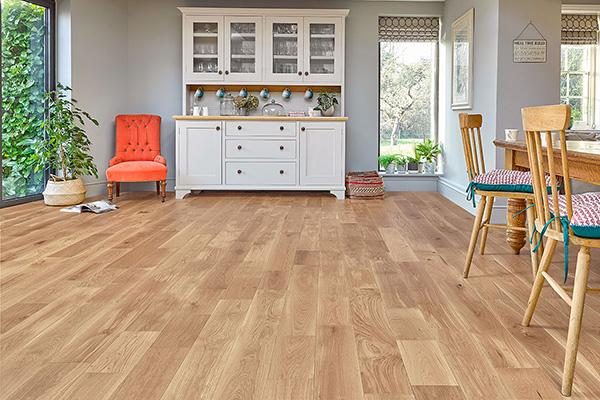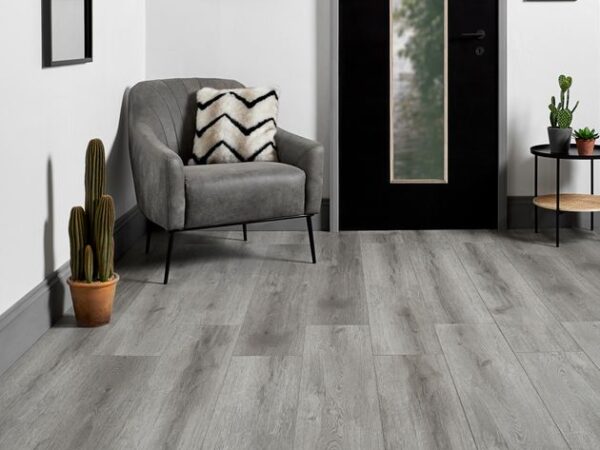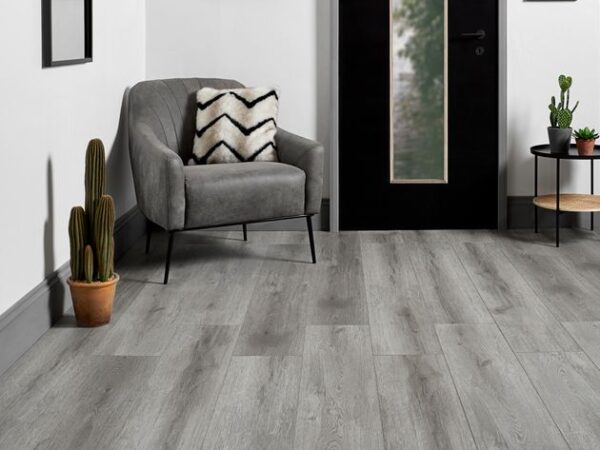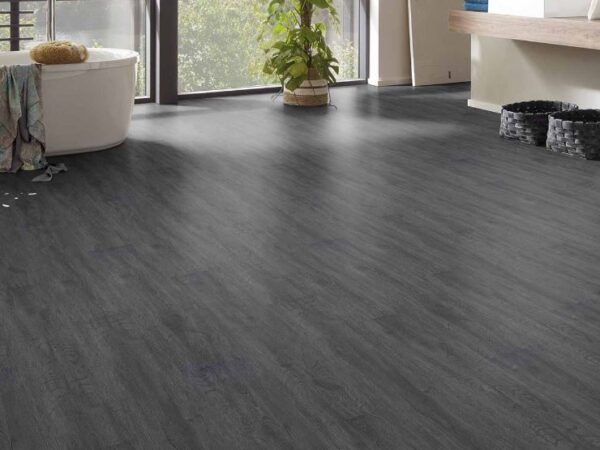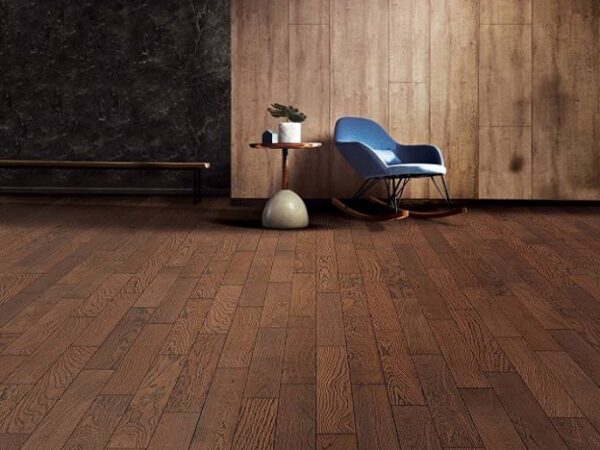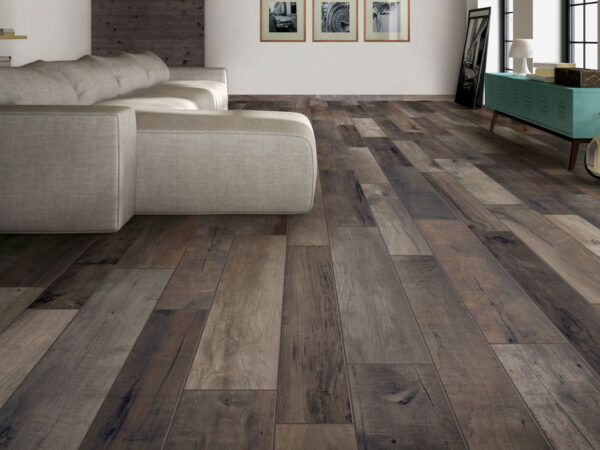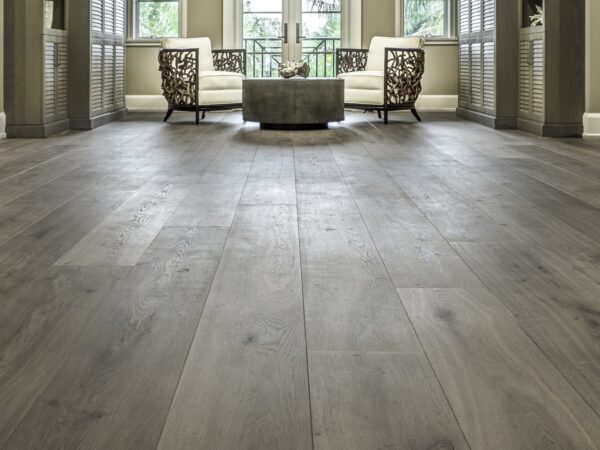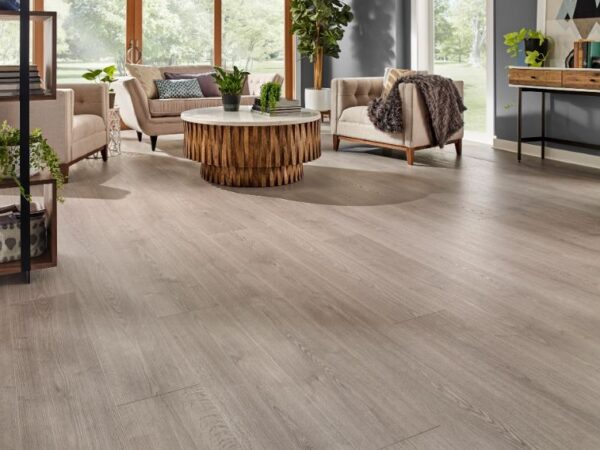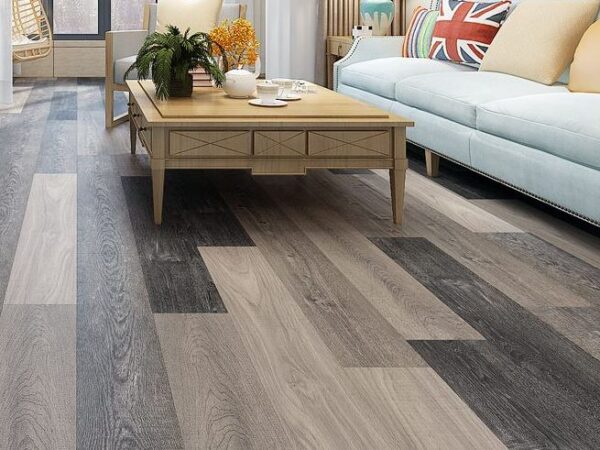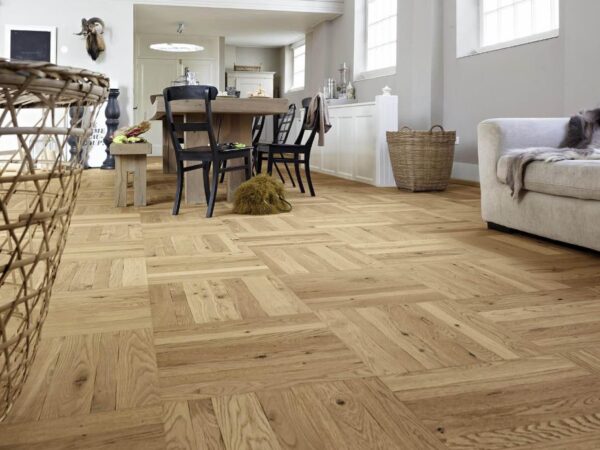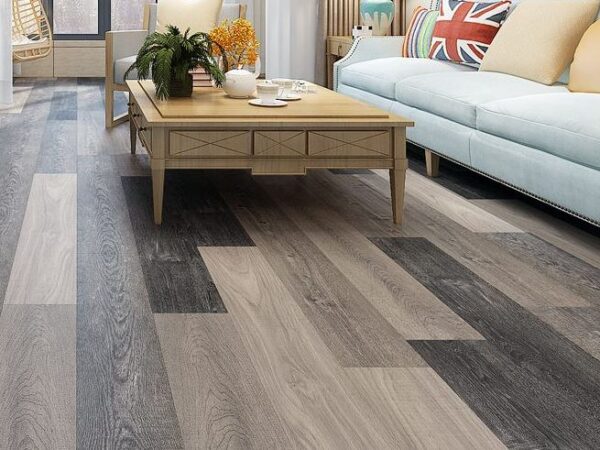Sustainable Choices: The Rise of Eco-Friendly Wooden Flooring
In recent years, there has been a significant shift in the way we approach interior design, with sustainability becoming a key consideration for homeowners and designers alike. As environmental consciousness grows, more people are opting for eco-friendly flooring options, with Wooden flooring Dubai emerging as one of the top sustainable choices. Wooden floors have long been revered for their natural beauty and timeless appeal, but today, there is a growing focus on sourcing wood responsibly and choosing options that minimize environmental impact. In this blog, we will explore the rise of eco-friendly wooden flooring, highlighting sustainable options and the benefits of making greener choices for your home.
Why Choose Eco-Friendly Wooden Flooring?
Wooden flooring has a long history of being a sought-after material due to its aesthetic charm, durability, and versatility. However, traditional hardwood harvesting practices can sometimes harm the environment. Unsustainable logging, deforestation, and lack of replanting contribute to the degradation of forests and loss of biodiversity. In response to this, the industry has embraced more sustainable practices, providing consumers with eco-friendly wooden flooring options that help protect natural resources.
Choosing eco-friendly wooden flooring can significantly reduce your carbon footprint. Sustainable wood products are sourced from responsibly managed forests, ensuring that trees are replanted, wildlife habitats are protected, and carbon dioxide emissions are minimized. Furthermore, eco-friendly wooden flooring options often use non-toxic finishes and adhesives, which improves indoor air quality and creates a healthier living environment.
Sustainable Wooden Flooring Options
Reclaimed Wood Flooring
Reclaimed wood flooring is one of the most eco-conscious choices available today. This type of flooring is made from salvaged wood that has been repurposed from old buildings, warehouses, barns, and other structures. Instead of using new trees, reclaimed wood gives a second life to timber that might otherwise end up in a landfill. The wood is carefully restored, cleaned, and refinished to create beautiful, one-of-a-kind floors.
The advantages of reclaimed wood flooring are clear: it not only reduces deforestation but also adds character and history to your space. The natural wear and unique patina of reclaimed wood give it an authenticity that cannot be replicated. Since the wood is already aged, it is often more stable and resistant to environmental changes, such as humidity.
Bamboo Flooring
Bamboo is a highly renewable resource that has gained popularity as an eco-friendly alternative to traditional hardwood. Unlike hardwood trees, bamboo is a grass that grows quickly, reaching maturity in just 3 to 5 years, compared to the decades it takes for hardwoods to grow. This rapid regrowth makes bamboo a much more sustainable option for flooring.
Bamboo flooring is durable, lightweight, and can be harvested without causing significant damage to the environment. When choosing bamboo, it’s important to select products that are certified by organizations such as the Forest Stewardship Council (FSC) to ensure that the bamboo is harvested sustainably.
Moreover, bamboo flooring can be produced with minimal impact on the environment. Many bamboo manufacturers use low-VOC (volatile organic compound) finishes and glues, making them safer for indoor air quality compared to traditional wood flooring products.
FSC-Certified Hardwood Flooring
The Forest Stewardship Council (FSC) is a global organization that promotes responsible forest management. FSC certification ensures that the wood used in flooring is sourced from forests that are managed in a way that preserves biodiversity, supports local communities, and reduces environmental impact.
FSC-certified hardwood flooring offers consumers the opportunity to invest in wood that has been harvested sustainably. The certification guarantees that the trees are harvested responsibly, with a commitment to replanting, protecting wildlife, and promoting sustainable forest management practices.
Choosing FSC-certified wood for flooring ensures that you’re not contributing to illegal logging or deforestation. It also guarantees that the wood comes from forests that are being maintained for long-term sustainability.
Cork Flooring
Cork is a unique and eco-friendly flooring option that comes from the bark of the cork oak tree. The cork oak tree is never cut down to harvest the cork; instead, the bark is stripped off every 9 to 12 years, allowing the tree to continue growing and absorbing carbon dioxide.
Cork is biodegradable and recyclable, making it an excellent choice for those looking to reduce their environmental impact. In addition to being sustainable, cork flooring is also durable, comfortable, and naturally resistant to moisture and insects. It’s a great option for kitchens, bathrooms, and other areas prone to spills and damp conditions.
Cork flooring is also available in a variety of finishes and designs, allowing homeowners to enjoy both style and sustainability.
The Benefits of Eco-Friendly Wooden Flooring
Choosing eco-friendly wooden flooring not only benefits the environment but also offers a range of advantages for homeowners.
Durability and Longevity
One of the key reasons why wooden flooring is so popular is its durability. High-quality wooden floors can last for decades, sometimes even centuries, with proper care. This longevity reduces the need for frequent replacements, which in turn conserves resources and reduces waste.
Reclaimed wood and bamboo flooring, in particular, are known for their durability. Reclaimed wood often comes from old-growth timber, which is denser and more robust than newer trees. Bamboo is also highly durable, with some species being harder than oak.
Aesthetic Appeal
Eco-friendly wooden flooring options have a timeless aesthetic that adds warmth and character to any space. Whether it’s the rustic charm of reclaimed wood, the sleek, modern look of bamboo, or the rich textures of FSC-certified hardwood, wooden floors bring a natural elegance to both traditional and contemporary interiors.
The unique grain patterns, colors, and textures found in sustainable wood floors create a distinct and sophisticated atmosphere that complements various design styles.
Improved Indoor Air Quality
Many eco-friendly wooden flooring options are finished with low-VOC or VOC-free products, which help improve indoor air quality. Volatile organic compounds are chemicals found in some flooring finishes and adhesives that can release harmful fumes into the air. By opting for low-VOC finishes, you reduce the risk of indoor air pollution and create a healthier living environment for your family.
Energy Efficiency
Wood is a natural insulator, which can help improve the energy efficiency of your home. Wooden floors can retain warmth in the winter and keep your home cooler in the summer, reducing the need for artificial heating and cooling systems. This can lower your energy consumption and contribute to a more sustainable home.
Conclusion
The rise of eco-friendly wooden Flooring Dubai options marks a significant shift towards more sustainable living practices in interior design. With choices like reclaimed wood, bamboo, FSC-certified hardwood, and cork, homeowners now have a range of options that allow them to enjoy the beauty and durability of wooden floors while minimizing their environmental impact.

